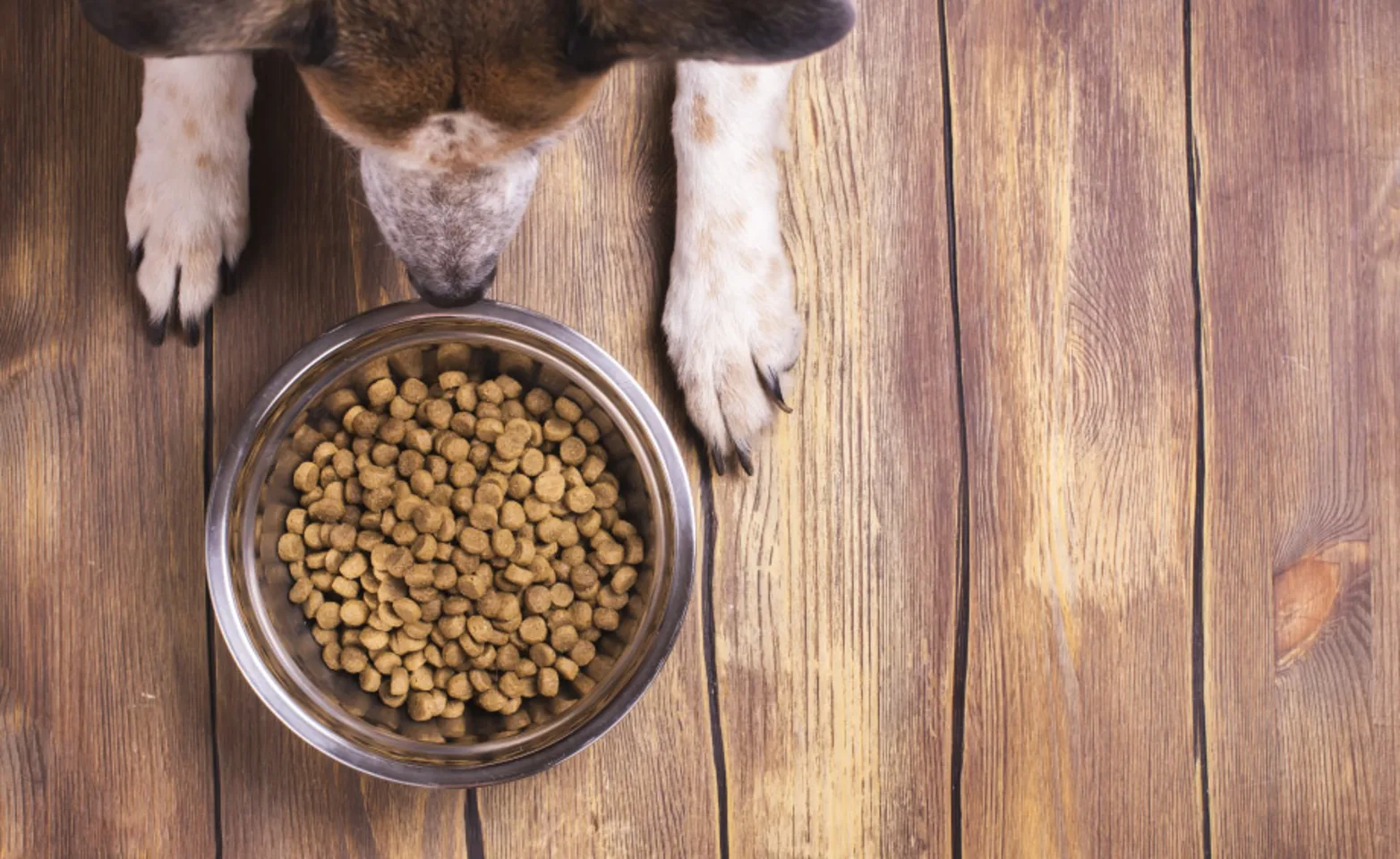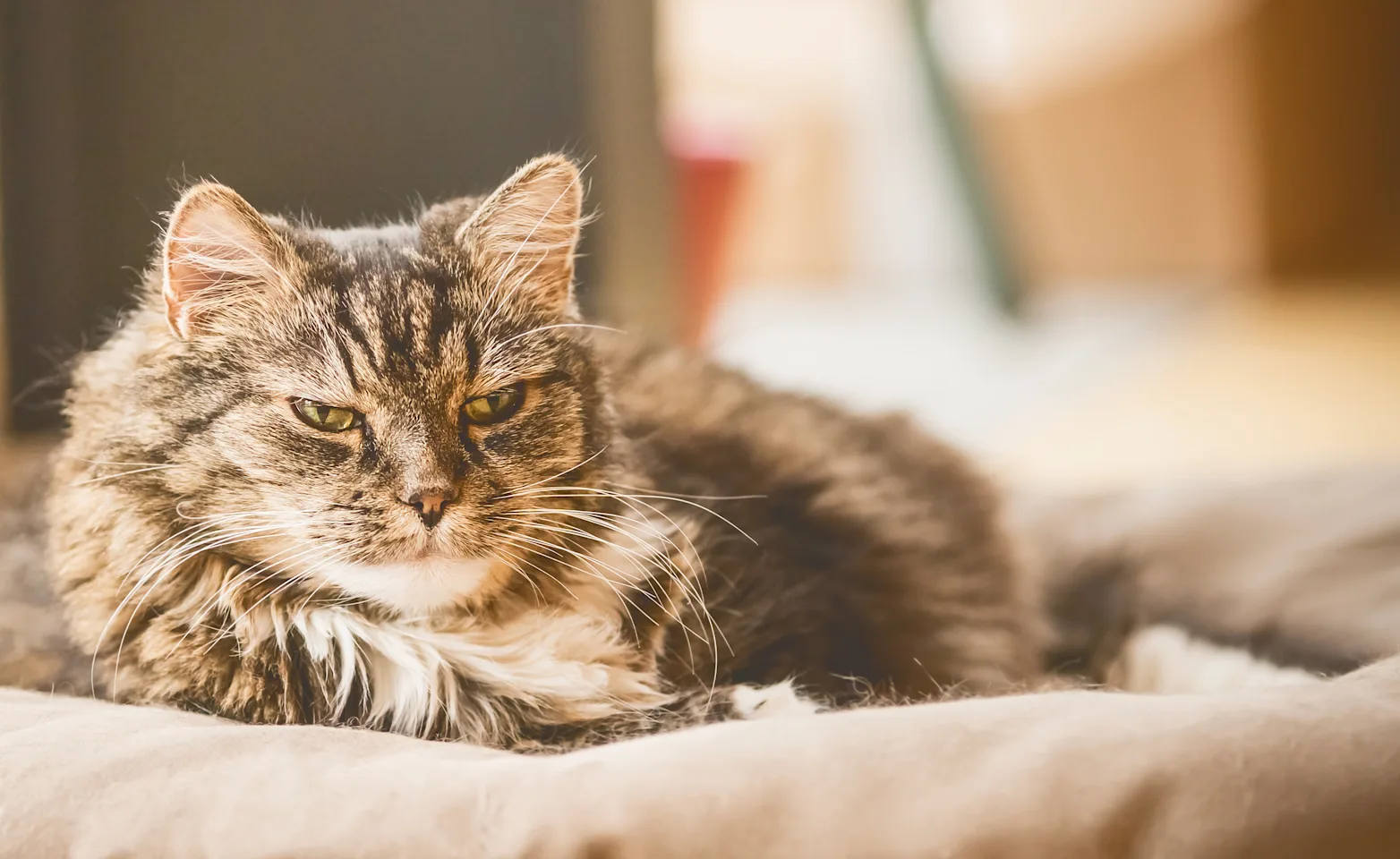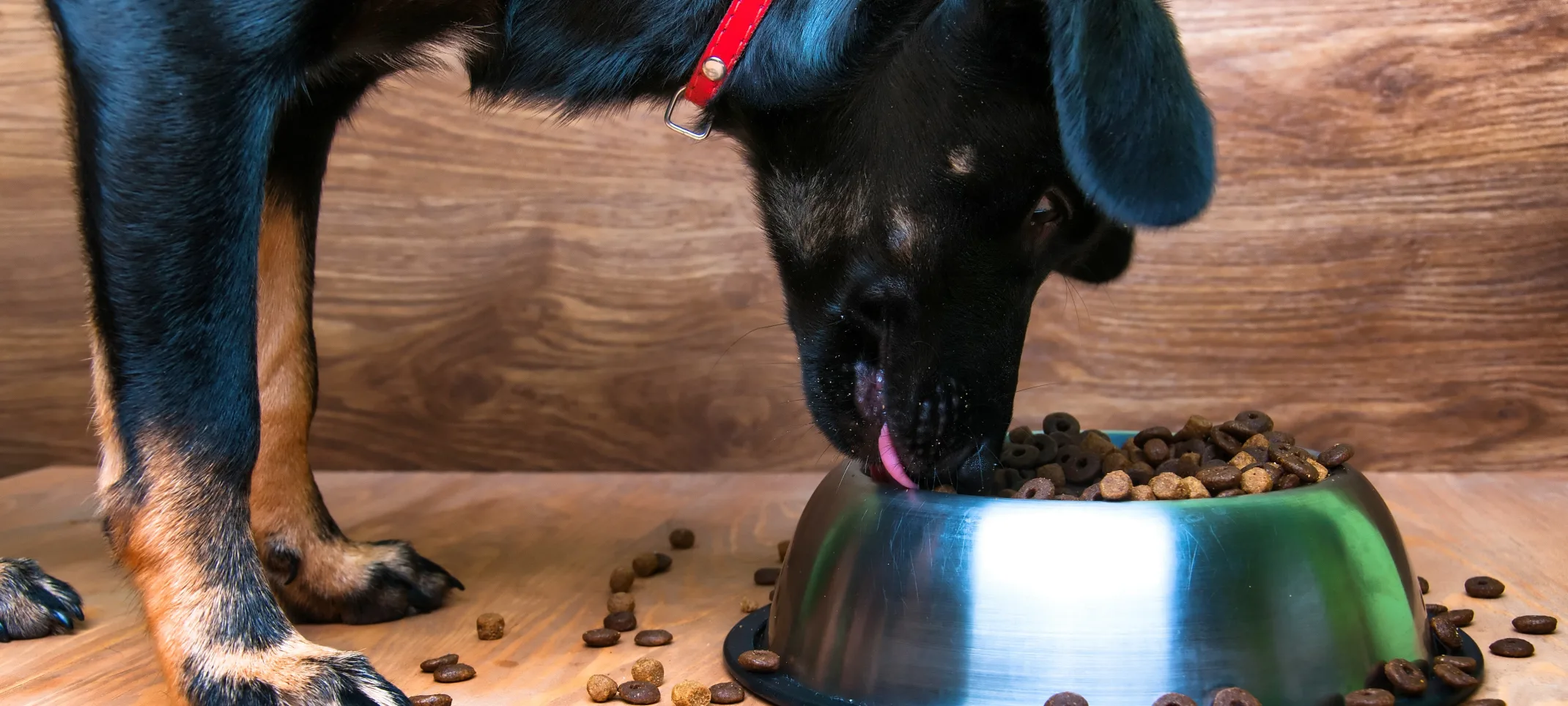Blue Cross Animal Hospital

Nutritional Needs Vary from Dog to Dog
Proper nutrition is hugely important to keeping your dog healthy. We see the end health results of feeding poor quality or inappropriate foods, and it breaks our hearts, because in so many cases significant health problems could have been avoided.
In addition to the problems that can be caused by foods that are generally just of poor quality, poorly balanced, or contaminated, your individual dog’s nutritional needs will vary over the course of their lifetime, depending on their age and health. Young, growing and pregnant animals’ needs are very different from an adult’s. Geriatrics’ needs are different again. There is no one food that fits all stages of life. Like people, dogs can develop food sensitivities. Some pets have metabolic deficiencies that keep them from handling certain minerals, and require special diets. For example some dogs are prone to bladder stones and need to be on selected diets to prevent them. Raw diets can be dangerous for growing pets because the calcium phosphorous ratio may not be balanced resulting in severe joint disease that will plague them all their lives.
Choose Your Dog Food Wisely
We know owners mean well. They think that when they buy a “high quality”, “organic”, “all natural”, “human grade” food, and spend a lot of money on it, they are doing the best for their dog. The truth is, none of these terms have the slightest real meaning. Unlike human food, the pet food industry is vast and poorly regulated. Manufacturers can put any of these terms on labels and there is no regulation to stop them or restrict the use of words like “organic” to food that actually is. There are a lot of misleading and even dangerous foods out there with pretty labels and ingredients that sound like something humans would like to eat, but which are wrong for your dog. Some of them are not properly balanced for dogs. Many have never been fed to a test group of dogs before marketing, let alone doing long term testing. Manufacturers may not even have a nutritionist on staff. That makes your dog the guinea pig, so to speak.
Our Pet Food Manufacturer Survey
Blue Cross Animal Hospital has completed a survey of many of the pet food manufacturers. We contacted each manufacturer by email asking, among other things, where they source their ingredients, who formulates their diets and where they produce their food.
Here’s what we found: Most have a nutritionalist formulating the diets, but some don’t. Some outsource production. Some won’t guarantee their ingredient sources. Some test for bacterial contamination, some don’t. Some just test for heavy metal content, and again, some don’t. With some foods we have seen health issues in our hospital because the protein content or calcium to phosphorous ratio is too high.
We continue to ask these questions of new foods and manufacturers that come onto the market.
…and Let Us Help
For the sake of your dog, speak to a veterinarian who is knowledgable about nutrition prior to starting on a diet. We have veterinarians on staff who are members of the American Academy of Veterinary Nutrition.
There is no one food that is right for all dogs in a particular age group. However, there are well researched guidelines for the amount of protein, fat, and the balance of minerals a food should contain. We carry a number of diets that we know to be tasty and well balanced, but if you and your dog prefer something else, we can help you to determine if your choice is a good one. Blue Cross Animal Hospital uses an independent food analysis service to which we can send samples of whatever food you choose to feed. It’s a very affordable test, and well worth it to ensure the diet is balanced properly for your dog.
We know the pet food market is highly competitive, and that the google wisdom is that vets are “in the pocket” of the manufacturers. Well here’s the truth: there’s no kickback, no trip to the islands, no swanky conferences. We make the same profit margin as the pet stores on the foods that we carry–in most cases, a smaller one as we are a much lower volume outlet. The difference is that because pet food isn’t our primary source of income, we will only sell products we know will not hurt your pet, and what profit we do make offsets the expense of veterinary care, helping us keep our costs as low as possible.

Nutrition Needs Vary from Cat to Cat
Proper nutrition is hugely important to keeping your cat healthy. We see the end health results of feeding poor quality or inappropriate foods, and it breaks our hearts, because in so many cases significant health problems could have been avoided.
In addition to the problems that can be caused by foods that are generally just of poor quality, poorly balanced, or contaminated, your individual cat’s nutritional needs will vary over the course of their lifetime, depending on their age and health. Young, growing and pregnant animals’ needs are very different from an adult’s. Geriatrics’ needs are different again. There is no one food that fits all stages of life. Like people, cats can develop food sensitivities. Some pets have metabolic deficiencies that keep them from handling certain minerals, and require special diets. For example, some cats are prone to crystals in their urine (Feline Lower Urinary Tract Disease) and need to be on selected diets to prevent them. There are many readily available cat foods on the market which will very quickly cause a cat susceptible to crystals unimaginable discomfort and potentially fatal bladder rupture.
Choose Your Cat Food Wisely
We know owners mean well. They think that when they buy a “high quality”, “organic”, “all natural”, “human grade” food, and spend a lot of money on it, they are doing the best for their cat. The truth is, none of these terms have the slightest real meaning. Unlike human food, the pet food industry is vast and poorly regulated. Manufacturers can put any of these terms on labels and there is no regulation to stop them or restrict the use of words like “organic” to food that actually is. There are a lot of misleading and even dangerous foods out there with pretty labels and ingredients that sound like something humans would like to eat, but which are wrong for your cat. Some of them are not properly balanced for cats. Many have never been fed to a test group of cats before marketing, let alone doing long term testing. Manufacturers may not even have a nutritionist on staff. That makes your cat the guinea pig, so to speak.
Our Pet Food Manufacturer Survey
Blue Cross Animal Hospital has completed a survey of many of the pet food manufacturers. We contacted each manufacturer by email asking, among other things, where they source their ingredients, who formulates their diets and where they produce their food.
Here’s what we found: Most have a nutritionalist formulating the diets, but some don’t. Some outsource production. Some won’t guarantee their ingredient sources. Some test for bacterial contamination, some don’t. Some just test for heavy metal content, and again, some don’t. With some foods we have seen health issues in our hospital because the protein content or calcium to phosphorous ratio is too high.
We continue to ask these questions of new foods and manufacturers that come onto the market.
…and Let Us Help
For the sake of your cat, speak to a veterinarian who is knowledgable about nutrition prior to starting on a diet. We have veterinarians on staff who are members of the American Academy of Veterinary Nutrition.
There is no one food that is right for all cats in a particular age group. However, there are well researched guidelines for the amount of protein, fat, and the balance of minerals a food should contain. We carry a number of diets that we know to be tasty and well balanced, but if you and your cat prefer something else, we can help you to determine if your choice is a good one. Blue Cross Animal Hospital uses an independent food analysis service to which we can send samples of whatever food you choose to feed. It’s a very affordable test, and well worth it to ensure the diet is balanced properly for your cat.
We know the pet food market is highly competitive, and that the google wisdom is that vets are “in the pocket” of the manufacturers. Well here’s the truth: there’s no kickback, no trip to the islands, no swanky conferences. We make the same profit margin as the pet stores on the foods that we carry–in most cases, a smaller one as we are a much lower volume outlet. The difference is that because pet food isn’t our primary source of income, we will only sell products we know will not hurt your pet, and what profit we do make offsets the expense of veterinary care, helping us keep our costs as low as possible.


